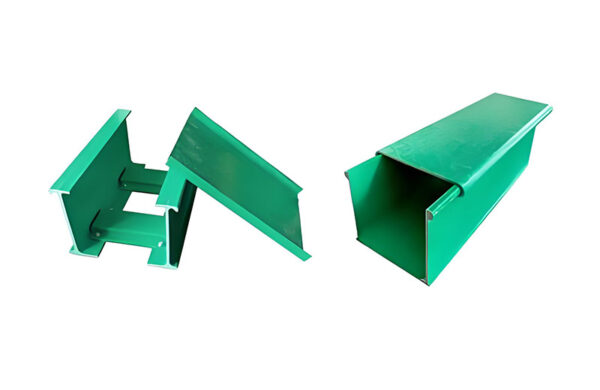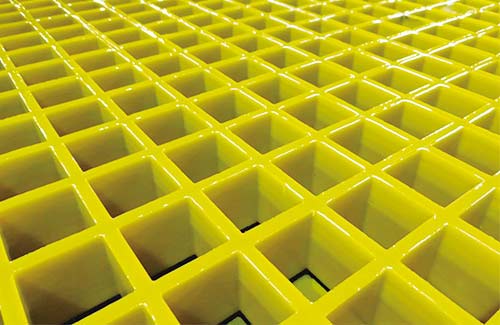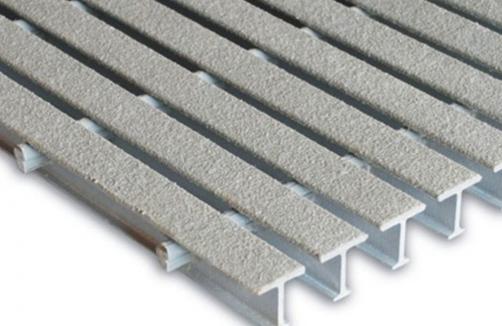発電所向けFRPチューブ:産業現場での耐久性と効率を高める
発電所の厳しい環境では、機器は極端な温度、腐食性物質、絶え間ない摩耗や損傷に耐えなければなりません。従来の材料は、しばしばこれらの課題を満たすのに苦労し、頻繁なメンテナンスとコストのかかるダウンタイムにつながります。長期的な運用コストを削減しながら、耐久性と効率の両方を高めることができるソリューションがあるとしたらどうでしょう?ガラス繊維強化ポリマー(FRP)チューブは、この業界のゲームチェンジャーとして台頭してきている。
なぜ発電所には先進材料ソリューションが必要なのか?

発電所は、最も厳しい産業環境の一部で稼動しています。パイプライン、換気システム、冷却塔のようなコンポーネントは、高圧、腐食性化学物質、極端な温度にさらされています。鉄やコンクリートのような従来の材料は、時間とともに腐食、さび、またはひび割れを起こし、漏れ、非効率、および安全上の危険につながります。発電所では、性能に妥協することなく、どのようにしてこれらの問題を軽減できるのでしょうか?
FRPチューブのご紹介:理想的なソリューション
FRPチューブはグラスファイバーチューブとも呼ばれ、ポリマーマトリックスをガラス繊維で強化したものです。この組み合わせにより、軽量でありながら驚異的な強度を持ち、腐食に強く、高温に耐えることができる素材が出来上がる。従来の金属管とは異なり、FRP管は錆びたり腐食したりしないため、酸性またはアルカリ性の環境を扱う発電所にとって優れた選択肢となります。
FRPチューブの主な利点
-
耐久性の向上:FRP管は、鋼管やコンクリート管に比べ、圧倒的に寿命が長い。厳しい環境条件にも劣化することなく耐えることができます。
-
耐食性:FRP管は金属管と異なり、腐食の心配がなく、長期信頼性があります。
-
軽量で取り付けが簡単:FRPチューブは金属製に比べ非常に軽く、運搬や施工が容易です。そのため、人件費や施工時間を削減できる。
-
熱安定性:FRPチューブは、高温環境下でも構造的完全性を維持できるため、高温・低温の流体輸送に適している。
-
メンテナンスコストの削減:FRPチューブは寿命が長く、摩耗や損傷に強いため、メンテナンスが最小限で済み、発電所のコストを大幅に削減できる。
発電所運営における共通の課題への取り組み
発電所は、機器の故障、高いメンテナンスコスト、環境への配慮など、多くの課題に直面しています。FRPチューブは、これらの課題に対する包括的なソリューションを提供する。例えば、冷却システムの場合、従来の配管では腐食による漏れが発生し、水の損失や効率の低下を招くことが少なくありませんでした。しかし、FRP管は過酷な化学環境下でも無傷であり、中断のない運転を保証します。
また、従来のパイプは重量があるため、支持構造に負担がかかり、施工が難しくなるという問題もありました。FRP管は軽量であるため、この問題が軽減され、取り扱いが容易になり、設置が迅速になります。
ケーススタディ導入の成功事例
すでにいくつかの発電所でFRPチューブの採用による恩恵を受けている。例えば、日本の原子力発電所では、老朽化した冷却システムの配管をFRPチューブに交換した。その結果、メンテナンス費用が30%削減され、運転効率が大幅に向上した。同様に、インドの火力発電所では、換気システムをFRPチューブに切り替えた結果、性能が向上し、ダウンタイムが短縮されたと報告されている。
発電所インフラの未来
持続可能で効率的な産業ソリューションへの需要が高まる中、FRPチューブは発電所インフラの将来において重要な役割を果たす態勢を整えている。その耐久性、効率、環境上の利点は、システムの近代化を目指す発電所にとって魅力的な選択肢となっている。
知識の共有
発電所の運転やメンテナンスに携わっている方は、FRPチューブの利点を検討してみてはいかがでしょうか。この情報を同僚や同業者と共有し、十分な情報に基づいた意思決定に役立ててください。FRPチューブのような先進材料を採用することで、発電所は運転効率を高め、コストを削減し、より持続可能な未来に貢献することができます。
結論
FRPチューブは、耐久性、効率性、コスト効率に優れた産業用ソリューションを提供することで、電力業界に革命をもたらしています。耐腐食性、軽量設計、熱安定性を備えたFRPチューブは、インフラ改善を目指す発電所にとって理想的な選択肢です。この革新的な技術を採用することで、発電所は長期的な信頼性と卓越した運用性を確保することができます。







